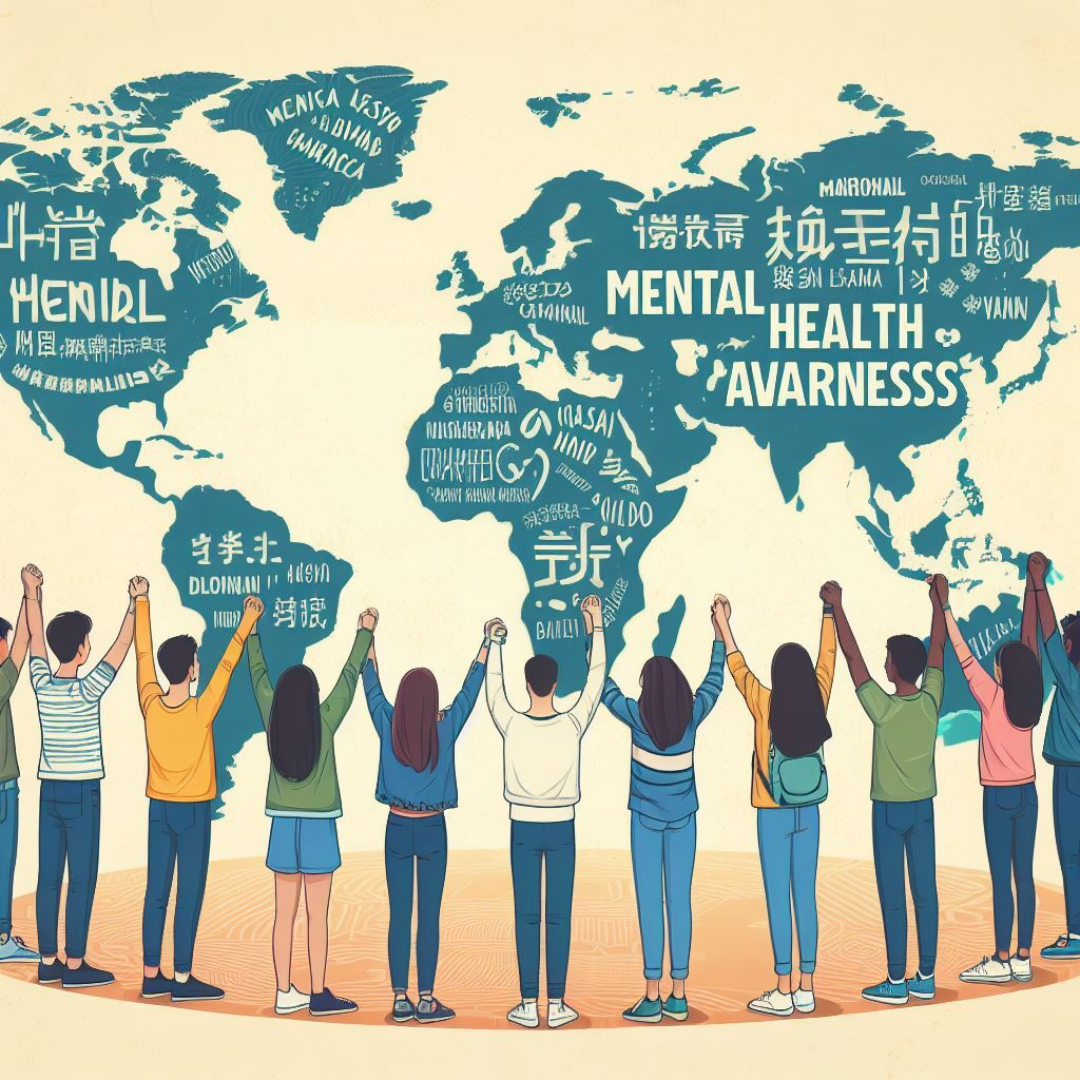The fundamental truth remains: mental health is not a privilege, but a universal human right that must be seamlessly integrated into the framework of universal health coverage.

In a world that increasingly champions human rights, recognizing the pivotal role of mental health is integral to leading a purposeful and contributive life within our communities. Regrettably, statistics reveal that one in eight individuals globally contends with a mental health condition, with women and young people disproportionately affected. Shockingly, three out of four individuals affected receive inadequate or no treatment, often contending with the weight of stigma and discrimination.
The fundamental truth remains: mental health is not a privilege, but a universal human right that must be seamlessly integrated into the framework of universal health coverage. It is the duty of governments to provide care that not only facilitates recovery, but also staunchly upholds the rights of individuals. This encompasses fortifying community-based support and seamlessly integrating psychological assistance into broader health and social care systems.
Yet, the urgency extends beyond treatment. Addressing the root causes of mental health challenges – poverty, inequality, violence, and discrimination – is paramount in fostering societies that are compassionate and resilient. Confronting abuses and dismantling barriers that prevent individuals from seeking help is not just a moral imperative, but a societal duty.
As World Mental Health Day approaches on October 10, it is imperative to acknowledge the significant global burden of mental health issues. The 2023 theme set by the World Health Organization emphasizes that ‘Mental health is a universal human right’.
Regrettably, the statistics present a concerning reality: one in every eight individuals worldwide grapples with a mental disorder. Shockingly, despite this prevalence, countries allocate a mere 2 percent of their health budgets towards the treatment and prevention of mental health conditions.
For every person, regardless of background or location, the right to the highest attainable standard of mental health is unequivocal. This encompasses protection from mental health risks, accessible and quality care, and the freedom to live independently and inclusively within the community.
While maintaining good mental health is critical to overall well-being, it is disconcerting that one in eight individuals globally has grappled with mental health conditions, affecting not only their mental and emotional well-being, but also their physical health, social connections, and livelihoods. Particularly distressing is the fact that mental health challenges are increasingly impacting adolescents and young adults.
It is imperative that a mental health condition never serves as a basis for depriving someone of their human rights or excluding them from decisions about their own well-being. Yet, across the globe, individuals with mental health conditions have endured a spectrum of human rights violations. Many have found themselves isolated and subjected to discrimination, while others have struggled to access the vital mental health care they require, often facing care that infringes on their basic human rights.
The World Health Organization steadfastly remains committed to ensuring that mental health is not just acknowledged, but actively promoted and defended. Through collaborative action, we must urgently enable everyone to exercise their human rights and access the high-quality mental health care they deserve. Join the World Mental Health Day 2023 campaign to not only understand your fundamental right to mental health, but also to advocate for and protect the rights of others.
Before the pandemic, in 2019, an estimated 970 million people worldwide were living with a mental disorder. This staggering figure translates to one in every eight individuals dealing with a mental health condition.
Alarmingly, 71 percent of individuals with psychosis do not receive the necessary mental health services. What’s more, on average, countries only allocate 2 percent of their health budgets to address and prevent mental health conditions.
Among the 970 million individuals affected by mental disorders, females comprise 52.4 percent of this substantial number. On a broader scale, the global prevalence of mental disorders, according to the Institute for Health Metrics & Evaluation, is as follows:
31% anxiety disorders
28.9% depressive disorders
11.1% developmental disorders
8.8% attention deficit/hyperactivity disorder
4.1% bipolar disorder
4.1% conduct disorders
2.9% autism spectrum disorders
2.5% schizophrenia
1.4% eating disorders
These figures underscore the urgent need for increased awareness, advocacy, and resource allocation towards mental health. On World Mental Health Day and beyond, let us unite in the pursuit of a world where mental health is not only acknowledged as a universal human right but also supported and prioritized on a global scale.